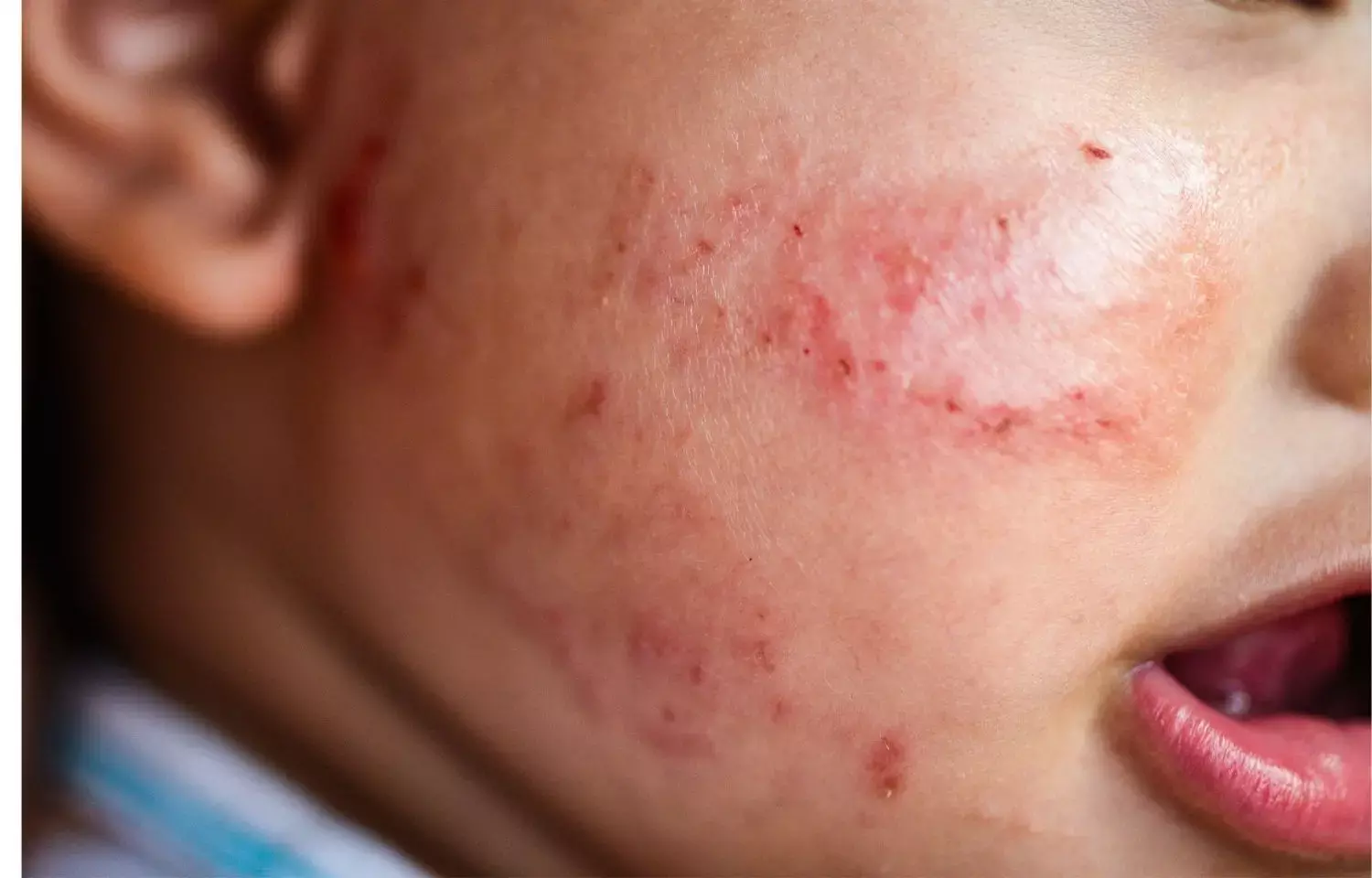- Home
- Medical news & Guidelines
- Anesthesiology
- Cardiology and CTVS
- Critical Care
- Dentistry
- Dermatology
- Diabetes and Endocrinology
- ENT
- Gastroenterology
- Medicine
- Nephrology
- Neurology
- Obstretics-Gynaecology
- Oncology
- Ophthalmology
- Orthopaedics
- Pediatrics-Neonatology
- Psychiatry
- Pulmonology
- Radiology
- Surgery
- Urology
- Laboratory Medicine
- Diet
- Nursing
- Paramedical
- Physiotherapy
- Health news
- Fact Check
- Bone Health Fact Check
- Brain Health Fact Check
- Cancer Related Fact Check
- Child Care Fact Check
- Dental and oral health fact check
- Diabetes and metabolic health fact check
- Diet and Nutrition Fact Check
- Eye and ENT Care Fact Check
- Fitness fact check
- Gut health fact check
- Heart health fact check
- Kidney health fact check
- Medical education fact check
- Men's health fact check
- Respiratory fact check
- Skin and hair care fact check
- Vaccine and Immunization fact check
- Women's health fact check
- AYUSH
- State News
- Andaman and Nicobar Islands
- Andhra Pradesh
- Arunachal Pradesh
- Assam
- Bihar
- Chandigarh
- Chattisgarh
- Dadra and Nagar Haveli
- Daman and Diu
- Delhi
- Goa
- Gujarat
- Haryana
- Himachal Pradesh
- Jammu & Kashmir
- Jharkhand
- Karnataka
- Kerala
- Ladakh
- Lakshadweep
- Madhya Pradesh
- Maharashtra
- Manipur
- Meghalaya
- Mizoram
- Nagaland
- Odisha
- Puducherry
- Punjab
- Rajasthan
- Sikkim
- Tamil Nadu
- Telangana
- Tripura
- Uttar Pradesh
- Uttrakhand
- West Bengal
- Medical Education
- Industry
Elevated levels of TARC at 2 months may help predict development of eczema in newborns

Eczema affects up to 20% of the paediatric population and 60% of children with the disease are predisposed to develop one or more atopic comorbidities, such as asthma, allergic rhinitis or food allergies.
Elevated levels of TARC at 2 months may help predict development of eczema in newborns, finds Barrier dysfunction in Atopic newBorns (BABY) study. Further Both term and preterm babies with elevated levels of TARC at 2 months were found to be more than twice as likely to develop eczema by the age of 2 years.
The study analysed a cohort of 450 babies (300 term and 150 preterm newborns) to examine whether skin barrier and immune biomarkers could predict the onset and severity of eczema during the first 2 years of life.
This increased risk was still prevalent after adjusting for parental atopy (where the immune system is more sensitive to allergic diseases) and filaggrin gene mutations, which is a major predisposing factor for eczema. The study found a positive association between the level of TARC and the severity of eczema.
Researchers used tape strips to painlessly and non-invasively collect skin cells from the back babies' hands at 0-3 days and 2 months in term children and from the skin between the shoulder blades at 2 months of age in preterm children. The strips were analysed for immune biomarkers and babies were followed up for the next 2 years.
First author and co-researcher Dr Anne-Sofie Halling, from the Bispebjerg Hospital at the University of Copenhagen, commented "To our knowledge, this is the first to show that non-invasively collected skin biomarkers can be used to predict the subsequent onset and severity of paediatric atopic eczema."
"The study will help us investigate and create future preventative strategies for children with elevated TARC levels to help stop the development of this common and debilitating disease, which is an exciting prospect."
"The test is painless and easy to perform and can help us to identify skin changes that occur prior to the development of eczema, particularly for the most severe forms of the disease.
This provides a window of opportunity to develop targeted trials and prevent cases of eczema from occurring", concluded Dr Anne-Sofie Halling. Two other biomarkers-interleukin (IL)-8 and IL-18-were also associated with moderate-to-severe eczema in the study.
Reference:
Skin biomarker changes precede the development of atopic dermatitis during the first 2 years of life, presented at EADV Congress 2022
Dr Kamal Kant Kohli-MBBS, DTCD- a chest specialist with more than 30 years of practice and a flair for writing clinical articles, Dr Kamal Kant Kohli joined Medical Dialogues as a Chief Editor of Medical News. Besides writing articles, as an editor, he proofreads and verifies all the medical content published on Medical Dialogues including those coming from journals, studies,medical conferences,guidelines etc. Email: drkohli@medicaldialogues.in. Contact no. 011-43720751


